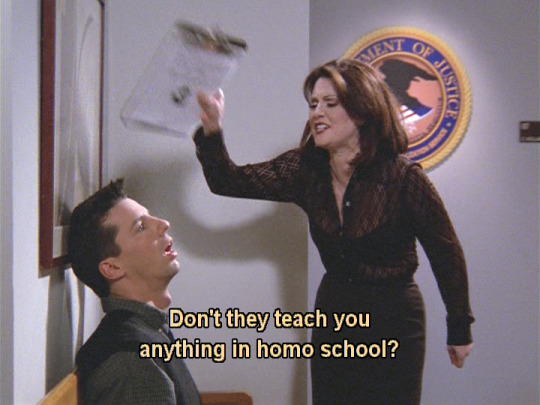Video
A sewage truck driven by a guy who was distracted watching porn on his iphone
96K notes
·
View notes
Text
Look how they massacred my boy. Either of these fan designs would have been better.



maybe i should text him
157 notes
·
View notes
Text
100 notes
·
View notes
Text
0°F is really cold outside and 100°F is really hot outside why is that so hard?? Meanwhile I have to use Celsius everyday and I still dont get it.
°C stands for Correct temperature and °F stands for Freak temperature
46K notes
·
View notes
Text
xkcd fans are the only fandom I've had direct experience with where people do the stereotypical nerdy fan thing of referring to installments of the thing they like by their release order numbers instead of their titles
32K notes
·
View notes
Text
Nobody seems to appreciate the low G pushover when I don't warn anybody prior
82K notes
·
View notes
Text
31K notes
·
View notes












